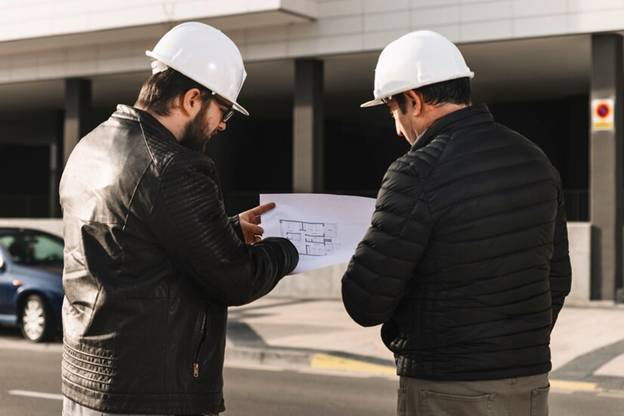When purchasing a property in Wellington, having a building inspection conducted is crucial for making an informed decision. Once your inspection is completed, you’ll receive a building report – however, this report may seem confusing to you if you don’t have much experience with building inspections or property management.
No worries, we at ALERT Building Inspections are here to help. We understand that the many terms and phrases used during property inspections may be confusing for people who don’t have much experience with them, which is why we’re here to help you. With our help, you can clearly see your potential property’s true condition.
What You Should Know About Reading Your Building Report
A building inspection report is exactly what it sounds like; it’s a detailed document that gives you a full overview of what your inspector found during their assessment. Here are a few things you may encounter in your report and how you can understand them better:
Structural Integrity Assessment. One of the primary focuses of a building inspection is assessing the property’s structural integrity. Look for terms such as “foundation stability,” “load-bearing walls” and “structural soundness.” These indicate whether the property’s foundation is stable and if there are any issues with key structural components. Pay close attention to any mentions of cracks, unevenness or signs of movement, as these could indicate potential structural issues.
Structural integrity is a major factor that your inspector will look for because poor structural integrity and issues can lead to collapses that can cause serious damage to your property or anyone inside.
Moisture Detection And Water Damage. Water damage can absolutely wreak havoc on any property, leading to mould growth, rot and structural deterioration. Terms like “moisture levels,” “dampness” and “water ingress” in your building report highlight areas where water intrusion may be present. Pay special attention to areas prone to moisture buildup, such as basements, bathrooms, windows and doors. Addressing moisture issues promptly can prevent further damage and costly repairs.
While simple, surface-level water damage and mould issues may be easily fixed, extensive damage can be quite expensive to repair. Understanding the extent of any damage to your property will help you decide whether or not to actually purchase your potential property.
Electrical And Plumbing Systems. A thorough building report will assess the condition of the property’s electrical and plumbing systems. Look for terms like “electrical wiring,” “plumbing fixtures” and “utility connections.” These sections of your building report will provide insights into the functionality and safety of these essential systems. Pay attention to any mentions of outdated wiring, leaky pipes or inadequate fixtures, as these may require immediate attention to ensure the property meets safety standards.
Electrical issues aren’t just frustrating; they can be dangerous. Faulty wiring can lead to the outbreak of fires, which can quickly spread and cause serious havoc. Always make sure your home or business’s electrical system is well-maintained and in good condition.
Insulation And Energy Efficiency. Energy efficiency is becoming increasingly important for property owners, both from a cost-saving and environmental perspective. Terms like “insulation quality,” “thermal performance” and “energy efficiency rating” indicate the property’s ability to retain heat and reduce energy consumption. A well-insulated property will be more comfortable to live in and may result in lower energy bills over time.
If your potential property seems to be under-insulated, but you still want to purchase it, you can consider having more insulation properly installed in the future.
Asbestos And Hazardous Materials. Older properties, especially those built before the 1980s, may contain hazardous materials such as asbestos. Terms like “asbestos-containing materials,” “hazardous substances” and “environmental hazards” in your building report indicate potential health risks associated with the property. If asbestos or other hazardous materials are identified, it’s crucial to seek professional advice on safe removal and mitigation strategies.
Asbestos exposure can lead to some serious medical conditions, such as respiratory conditions. If your property contains asbestos, and you decide to purchase it, you should seek to have it removed professionally as soon as possible.
The Best Way To Fully Understand Your Building Report
If you truly want to thoroughly understand your inspection report, there’s one step you should absolutely take – speak to our team at ALERT Building Inspections. We strongly value good communication and excellent customer service, and we’d be glad to answer any questions you have about your report. If you don’t understand any part of it or have follow-up questions, we encourage you to call our team.
No worries, getting in touch with us is easy. Simply call our team on 0273322387 or use our website’s contact page to learn how to reach us. We’re here regardless of whether you’ve already worked with us and would like to understand your building report or if you’re considering our services and aren’t sure what to do next.
For further information, you can also visit our site to read more about what we can do for you.
Get all the information you need with ALERT Building Inspections.

